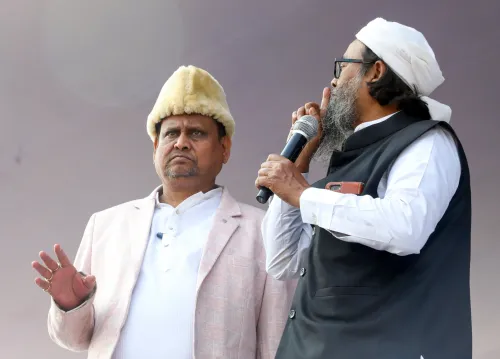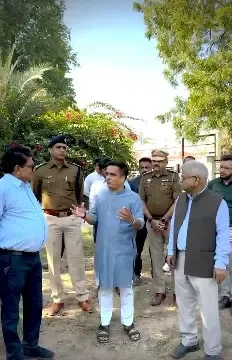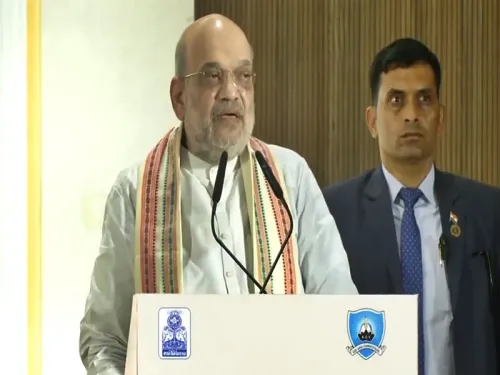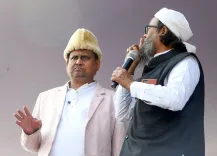Manu Gaur Discusses UCC and Live-In Relationship Registration (IANS Special)

Synopsis
Key Takeaways
- UCC aims to address personal law complexities.
- Live-in relationships are recognized by the Supreme Court.
- Lack of documentation complicates relationship status.
- Registration would protect rights of women and children.
- Public disclosure of relationships is not proposed.
New Delhi, Jan 28 (NationPress) The execution of the Uniform Civil Code (UCC) in Uttarakhand has ignited extensive dialogue. Manu Gaur, a member of the committee that formulated the UCC regulations, discussed with IANS various facets of the law and how it caters to the requirements of different political factions, societal challenges, and legal necessities.
Providing insights into the committee’s discussions, Gaur noted that the Uniform Civil Code is encompassed within the Concurrent List of the Constitution, which includes provisions related to personal laws.
He highlighted a growing culture of live-in relationships in India, noting that many individuals are inaccurately claiming that such arrangements have been officially recognized.
“Nonetheless, the Supreme Court has already acknowledged live-in relationships, and provisions for them are present in the Domestic Violence Act. If domestic violence happens within a live-in relationship, there are maintenance provisions available as well,” he stated.
A significant concern identified by the committee was the absence of formal documentation for individuals in live-in relationships, complicating the ability to establish relationship status, particularly for women. This lack of acknowledgment often results in issues like allegations of blackmail or rape.
In light of this, the committee suggested that individuals in live-in relationships should register their partnerships, creating an official record for the government. This registration would be confidential, with notifications sent solely to the parents of couples aged 18 to 21.
Gaur stressed the necessity of registration to safeguard the rights of women and children.
“Such registration would aid in preventing potential exploitation and ensuring that rights are upheld, especially in cases where relationships dissolve or individuals encounter abuse,” he elaborated.
He shared an example of a woman who was unable to receive her pension or government assistance following her husband's death due to her lack of knowledge about his previous marriage. A registration system could have clarified her situation.
He clarified that the committee was not advocating for public disclosure of live-in relationships but was promoting a system that would facilitate tracking such relationships in the event of legal disputes.
“If a woman or man experiences abuse, or if a crime occurs, the government would have a record confirming that these individuals cohabited,” he continued.
Manu Gaur also connected marriage registration with the right to privacy, referring to a Supreme Court ruling that requires registration of all marriages.
“If marriage registration is obligatory, why shouldn’t live-in relationships be regarded the same way?” he posed.
The committee aims to ensure the protection of rights for both men and women, with provisions such as maintenance and child protection in instances of relationship breakdowns.
Although the committee received suggestions for laws addressing population control, it did not propose any new legislation on this issue, as its primary focus remained on personal laws.
Nonetheless, the committee incorporated public sentiment into its report, advising that the government make informed decisions on the matter in the future.










